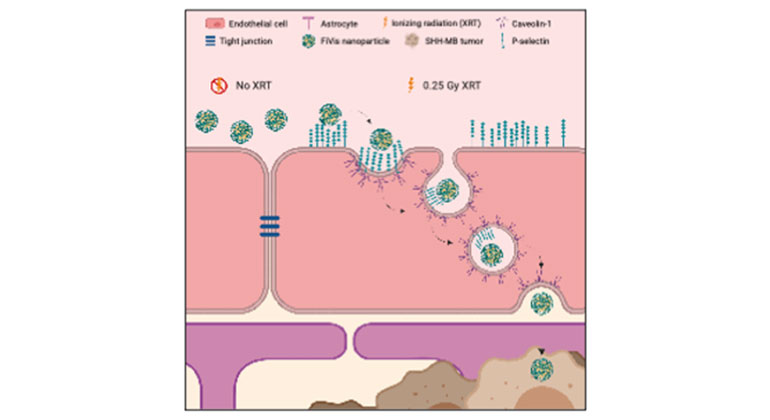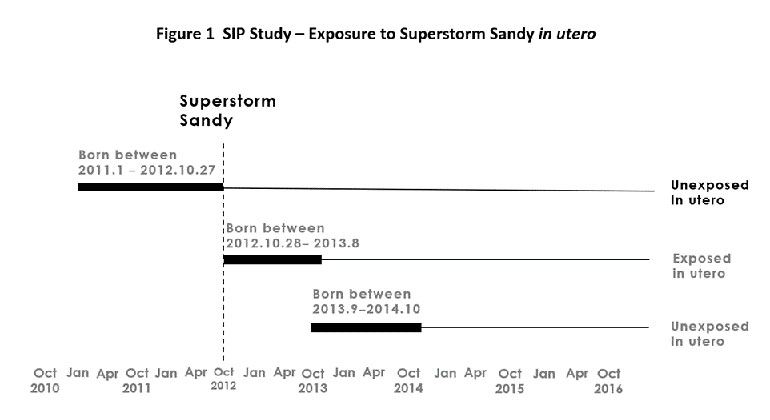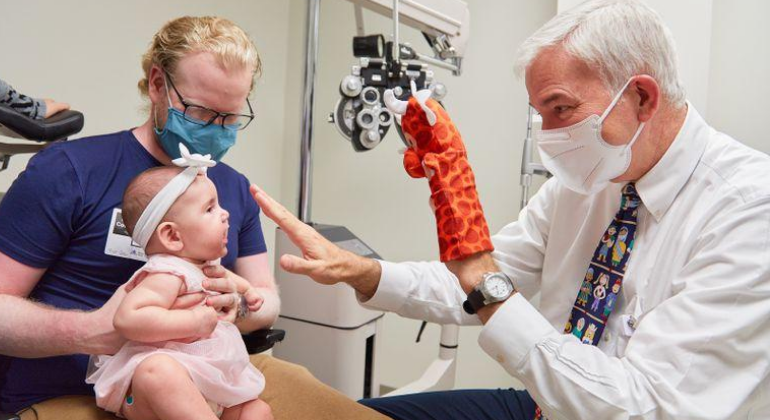Dr. Molly Regelmann: "Decreasing Age of Puberty May Lead to Poorer Health for Generation of Women"
What is a larger factor in early puberty: environment or genetics?
Numerous factors in our environment are potentially contributing to pubertal timing, but to pinpoint a specific trigger in any given child is almost impossible. There are reports of multiple factors associated with precocious puberty, but these are hard to prove because there are no randomized controlled trials isolating one particular factor.
Obesity and postnatal weight gain are certainly associated with the onset of puberty in girls. Data from the National Health and Nutrition Examination Survey III showed that children who gained more weight in the first year of life had a higher risk for obesity and earlier onset of puberty. It is difficult to determine whether the excessive weight gain in infancy or the subsequent obesity that is also associated with rapid weight gain in early life leads to the earlier onset of puberty. The implication is that interventions that address early nutrition and prevention of overfeeding could contribute to lowering the risk for precocious puberty.

Scientists Develop Novel Approach to Enhance Drug Delivery for Brain Tumors in Children
Mar 02, 2023 View All Press ReleasesNewly Designed Children’s Emergency Department Opens at The Mount Sinai Hospital
Apr 11, 2022 View All Press ReleasesMount Sinai Researchers Discover Treatment Option for Rare Genetic Disorder
Aug 04, 2020 View All Press ReleasesMount Sinai Researchers: Why COVID-19 May Be Less Common in Children Than Adults
May 22, 2020 View All Press Releases


